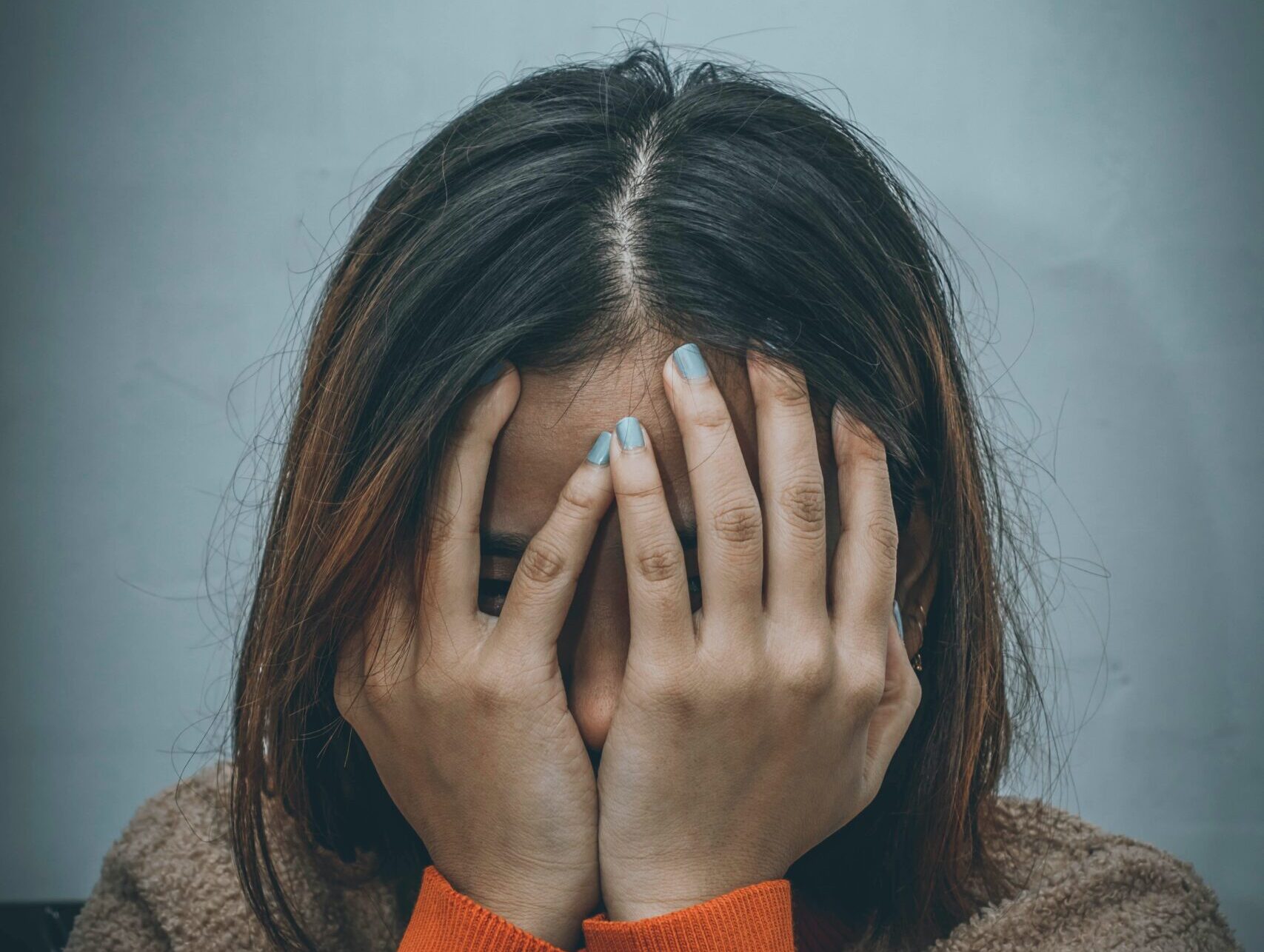Results of the Summer Academy 2022: How Children Respond to Stress and How to Help them

16.09.2022
When children experience trauma, watch it on TV, or hear others discussing it, they may feel scared, insecure, or anxious. Whatever the situation, adult support is crucial for helping a child who is experiencing a traumatic event.
Iryna Pleshakova, a guest expert from the NGO “Osvitoria”, psychologist, Gestalt therapist and trauma-focused therapist shared useful tips on this topic with the participants of the Summer Academy of the Learning Together project.
It is important to know that children do not respond to stress in the same way as adults. For some, the reaction manifests itself immediately, while for others, signs of difficulties may appear much later.
Children of all ages should be reminded that nothing that they have or have not done caused someone’s death – it’s not their fault. Children need to know that they are not so omnipotent, and sometimes things happen on their own – like a natural disaster.
Preschool children (2-5 years old)
These children may experience behavioral regression. Kids may return to finger sucking or enuresis. They may be afraid of strangers, the dark or monsters.
They can also change their behavior: cry for no reason, move away from people or refuse to play with their toys. Children of this age are closely attached to one parent, guardian or teacher, or want to stay where they feel protected.
How to help? Since it is difficult for preschool children to identify feelings in words, you can use:
- fast, mechanical drawing exercises with bright colors,
- shouting – give an opportunity to shout on the street.
Do not forget to turn off the TV and gadgets, give the opportunity to be in silence. Also – talk to the child, take in your arms, hug.
Children of primary/secondary school age (5-11 years)
Pain and disorders such as vomiting, nausea, abdominal pain, headache, nervous twitching, sleep and eating disorders may occur for no reason. Children might experience anxiety, fear. You may also notice regression – they may behave like preschool children, ask to be fed or get dressed.
They may be afraid to go to school and stop hanging out with their friends. It can be difficult for them to concentrate, and they may start to learn worse. Some become aggressive for no reason, have low self-esteem or transform into perfectionists.
What can help:
- drawing and other methods of art therapy;
- role-playing games (”How would you act” in this or that situation?);
- intense physical exercises;
- to be honest, tell the truth about what is happening, adapted to the age.
Teenagers
Children of this age go through many physical and emotional changes associated with their stage of development. The symptoms of stress in teenagers are almost the same as in adults. These may include loneliness, uncertainty, concentration, hypo/hyperactivity, loneliness/solitude, unwillingness to communicate, outbursts of anger, irritability, fatigue, sleep and eating disorders, change of mood, obsessive thoughts/actions, fear of silence/harsh sounds, emphasized attention to themselves, etc.
Older teenagers may deny the presence of a reaction – respond with “everything is fine” or remain silent if they are concerned. Or they may complain of physical pain because they can’t understand and recognize what’s really bothering them emotionally.
Some quarrel at home or at school, refusing from any order or authority. They may also exhibit deviant behavior, use alcohol or drugs.
How to help a teenager?
- Act based on the principle “Help me so that I can help you” – try to make the child talk, help tell what has happened. Even if the child does not want to communicate, ask: “What do you want to talk about?”. Start a conversation on an extraneous topic. Sometimes simple questions help: “When did you get scared? What would have happened if you had stopped? And what should have been done in this situation?”
- Don’t ask children to do something they can’t do. You can’t say: “Pull yourself together, get a grip on yourself, you must be strong!”. All this leads to feelings of guilt. We all have the right to make mistakes.
- Accept any feelings and difficulties: “I know you have some difficulties with… but I have no doubt that you can handle it. If you need me, I’m close, I am here”.
- Own example. Nothing works as well as your own example.
The Summer Academy on the Ukrainian language as the state language for methodologists of in-service teacher training institutions and teachers who teach Ukrainian in primary schools with instruction in Romanian and Hungarian in Zakarpattia and Chernivtsi regions aims at improving pedagogical excellence in applying modern methods of teaching Ukrainian as the state language to students.
The “Summer Academy-2022” was held from 15 to 19 August 2022 in an online format. The circle of experts of the Summer Academy consisted of specialists from Ukraine and Canada. More than 60 participants took part in the training.





